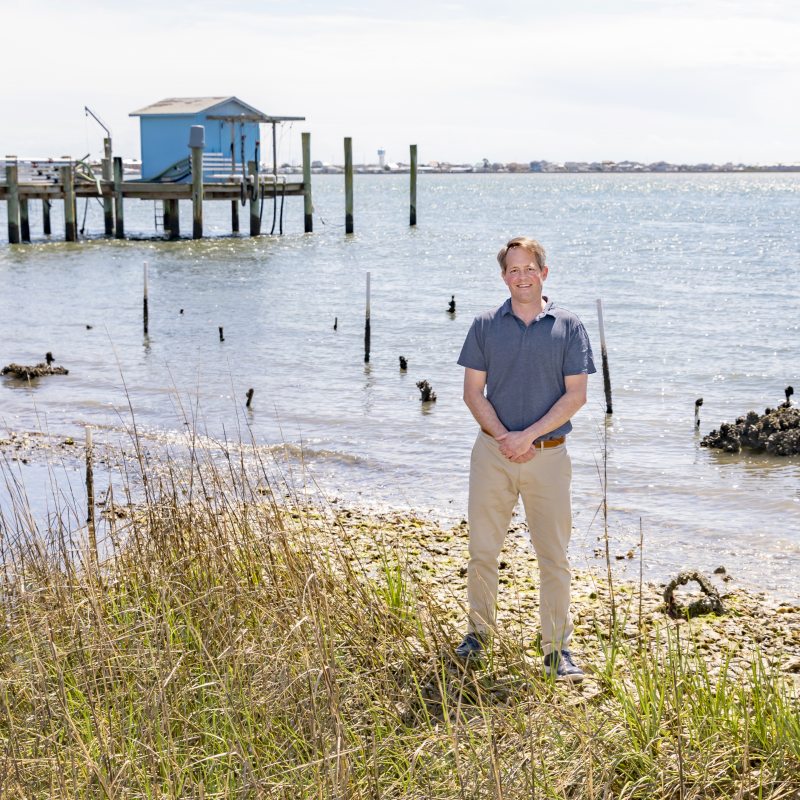High above campus, on the roof of the FedEx Global Building, a group of students are caring for one of Carolina’s most valuable resources: bees.
Press the play button above
At Carolina, environmentalism and sustainability are priorities every day, and in honor of Earth Day we're celebrating the Tar Heels who are making our University greener, conducting research, launching programs and leading change to protect habitats across our state.
With the increasingly urgent need for climate action, Carolina has recently updated its Climate Action Plan to set an aggressive strategy for the University to reduce its greenhouse gas emissions and reach carbon neutrality by 2040.
Climate change is no longer a future issue. We are working to face its challenges now.

As a great research institution, the University needs to be on the frontline of being responsible, proactive and innovative, and coupling our climate activities with our conventional pillars of education, research and service.
Mike Piehler, Carolina’s chief sustainability officer and special assistant to the chancellor for sustainability.

Click on a story below to learn how our Tar Heels
are creating a sustainable Carolina
Carolina's dedication to sustainability is driven by Tar Heels with a passion for helping others and the planet. Students, faculty and staff are making strides toward meeting environmental challenges both in Chapel Hill and across the world.
Through their research, innovations, service and expertise, they're working toward a greener future.
High above campus, on the roof of the FedEx Global Building, a group of students are caring for one of Carolina’s most valuable resources: bees.
Press the play button above

One student’s effort to communicate the urgency of climate changeCarolina junior Jessica Reid has written a book to help people understand climate change and communicate more effectively about the issue.

How to reduce your carbon footprintDana Haine and Grant Parkins are helping North Carolinians take steps to reduce their carbon footprints through the UNC Institute of the Environment‘s outreach programs in the Center for Public Engagement with Science.
Working across disciplines, UNC-Chapel Hill environmental engineer Orlando Coronell and chemist Frank Leibfarth have developed a filtration resin that has thus far been successful in removing most PFAS from water.
North Carolina is home to extensive seagrass meadows, creating a dynamic habitat for vibrant wildlife. As more hurricanes strike our coast, Carolina researchers are taking a closer look to see how resilient these critical seagrass meadows are.
Alan Weakley has spent his career cataloguing the plants of the Southeastern United States. Most recently, he has compiled this work into a digital guide that will aid fellow botanists and citizen scientists alike as they unearth and admire the colorful flora of the South.
Carolina researchers at the Galapagos Science Center have been working to find the balance between helping the islands’ economy thrive while also protecting the iconic species.